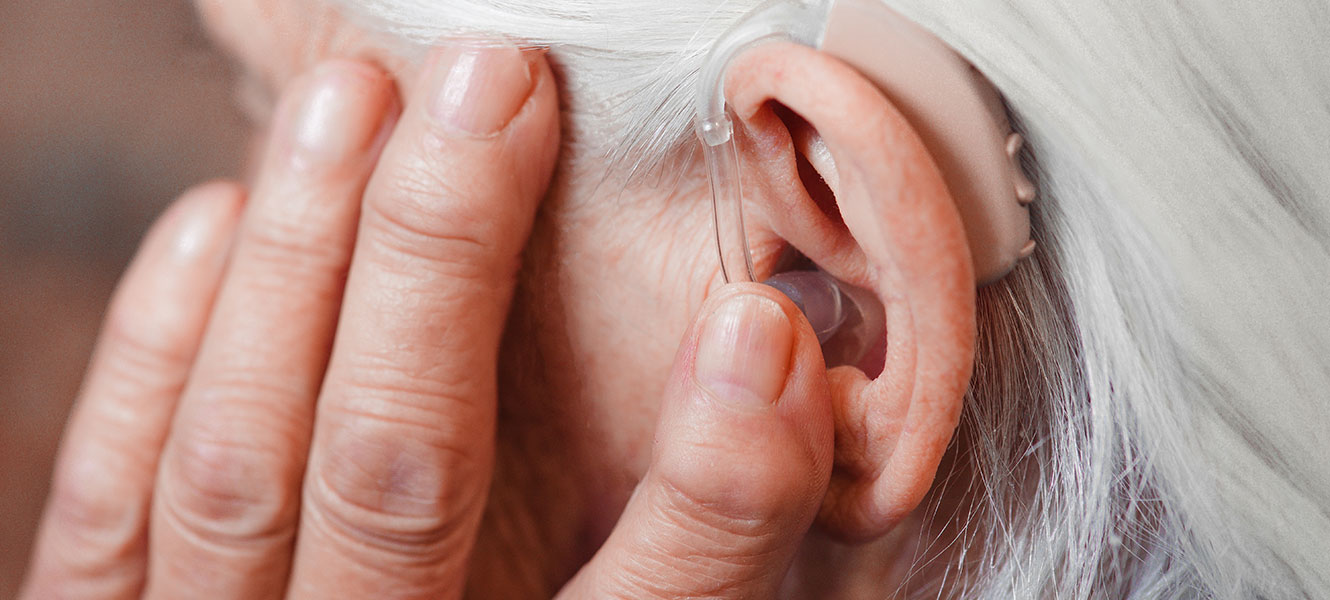
Hearing loss in older adults: What to know and how to deal with it
Hearing loss in older adults is very common. In fact, more than 40% of people over the age of 50 in the UK are living with hearing loss in some form.
So, why does hearing loss happen as we get older, and what can we do about it?
What causes hearing loss?
Hearing loss in older people is usually caused by changes in the inner ear that occur over the course of our lives.
Health conditions such as diabetes or high blood pressure can lead to hearing loss, too, as can a history of middle ear disease. Exposure to loud noise, especially over the course of a long time, is a major contributor as well.
Sometimes, hearing loss can be caused by earwax or fluid build-up, or an ear infection.
Tinnitus is also a common hearing issue, which causes persistent noises such as ringing, hissing or buzzing, and can be linked to hearing loss.
How to tell if you have hearing loss
Hearing loss often comes on gradually, and it may not be easy to recognise it yourself. Other people may notice that you are not hearing as well as you did before you do.
But you might find you are having trouble following conversations, or that sounds seem muffled or slurred. You may notice you are having to turn up the sound on the television or radio more often, or to a higher volume. These are all signs that you may have some hearing loss.
Age-related hearing loss usually comes on slowly and is present in both ears.
What to do if you suspect you have hearing loss
The first port of call should be an appointment with your doctor. Explain what you have noticed and how it is affecting your everyday life.
A doctor will check your ears for signs of treatable issues, such as earwax build-up, but if there is no obvious cause for your hearing loss you might be referred to a specialist for further assessment. These tests will help determine the extent of your hearing loss, and what is behind it, as well as how best to move forward.
It may be recommended that you wear a hearing aid, which makes sounds louder and clearer. Hearing aids can vastly improve quality of life for people with hearing loss, although they cannot cure the problem itself.
There are lots of different types of hearing aid, and they vary in shape, size and price point. You may be eligible for a free NHS hearing aid – your doctor can advise you whether this is the case.
Wessex Care provides domiciliary and residential care in Salisbury for vulnerable and elderly adults. Contact our team today to discuss yours or your loved one’s needs.





